Research in the Functional Cellular Networks Section focuses on understanding the changes that occur in the cell proteome in response to exogenous factors such as pathogen-derived molecules, cytokines, and chemokines, which alter the differentiation state of cells in the immune system or whose production characterizes specific disease states. We are especially interested in large-scale absolute quantitative measurements of immune cell signaling cascade components and in the characterization of post-translational modification (PTM) dynamics on a global scale. We use the resulting large datasets to create predictive models of molecular interactions using the Simmune software generated by the Computational Biology Section. The predictions of these models will in turn be employed to elucidate biological responses to stimuli at multiple scales of biological organization, including the cell, tissue, and, eventually, whole organism.
We employ mass-spectrometry-based technology together with other proteomic and biochemical methods using state-of-the art equipment and technologies available in our laboratory and at NIH.
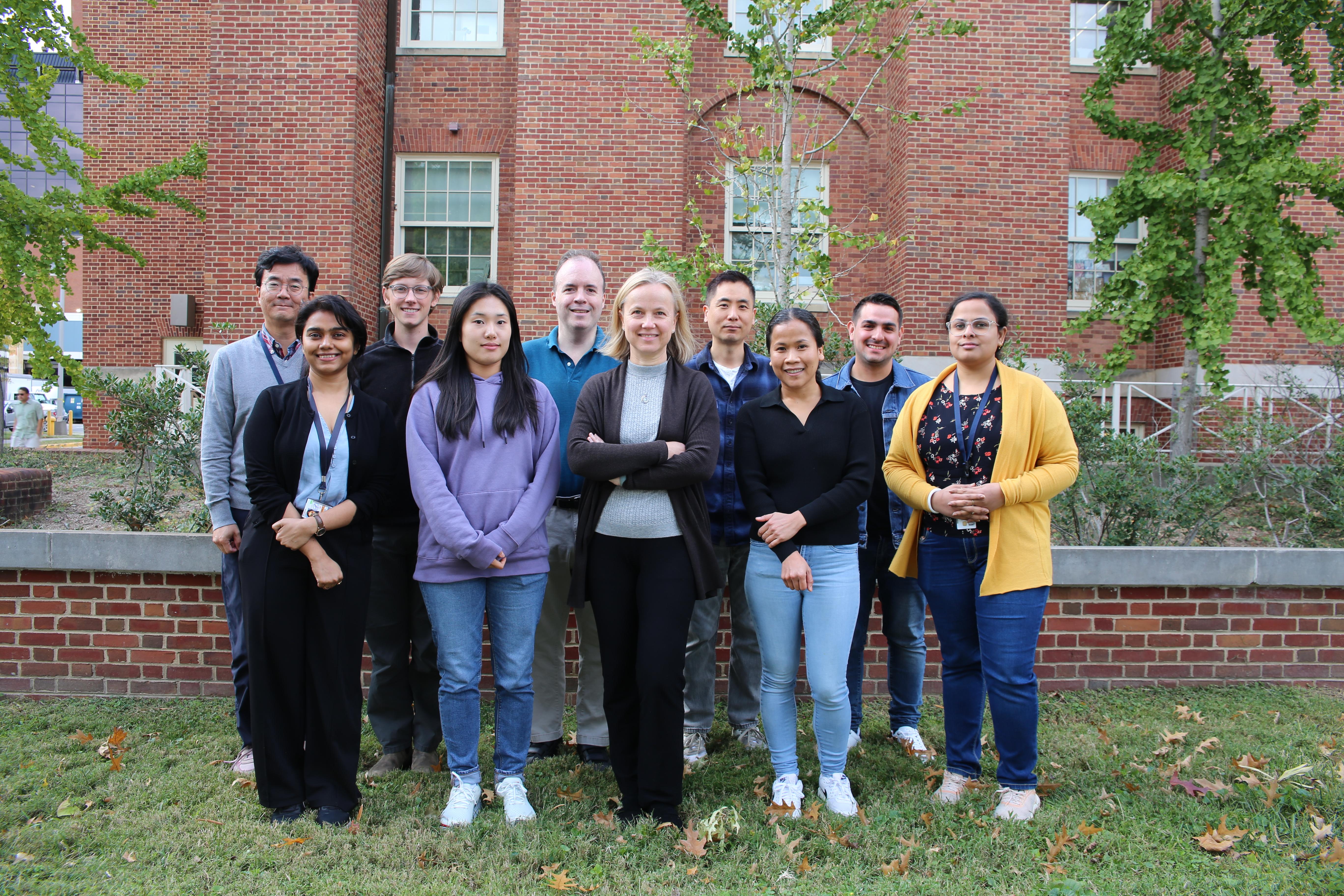
Functional Cellular Networks Section, November 2024. First row, from left: Vanya Bhushan, Doeun Kim, Aleksandra Nita-Lazar, Jiraphorn Issara-Amphorn, Sandhini Saha. Second row, from left: Sung Hwan Yoon, Jacob Pederson, Nathan Manes, Hyojung Kim (guest researcher from Dr. Anirban Banerjee's lab, NICHD), Jose Pittaluga.
Aleksandra Nita-Lazar, Ph.D.
Chief, Functional Cellular Networks Section
Senior Investigator
Education:
Ph.D., 2003, University of Basel
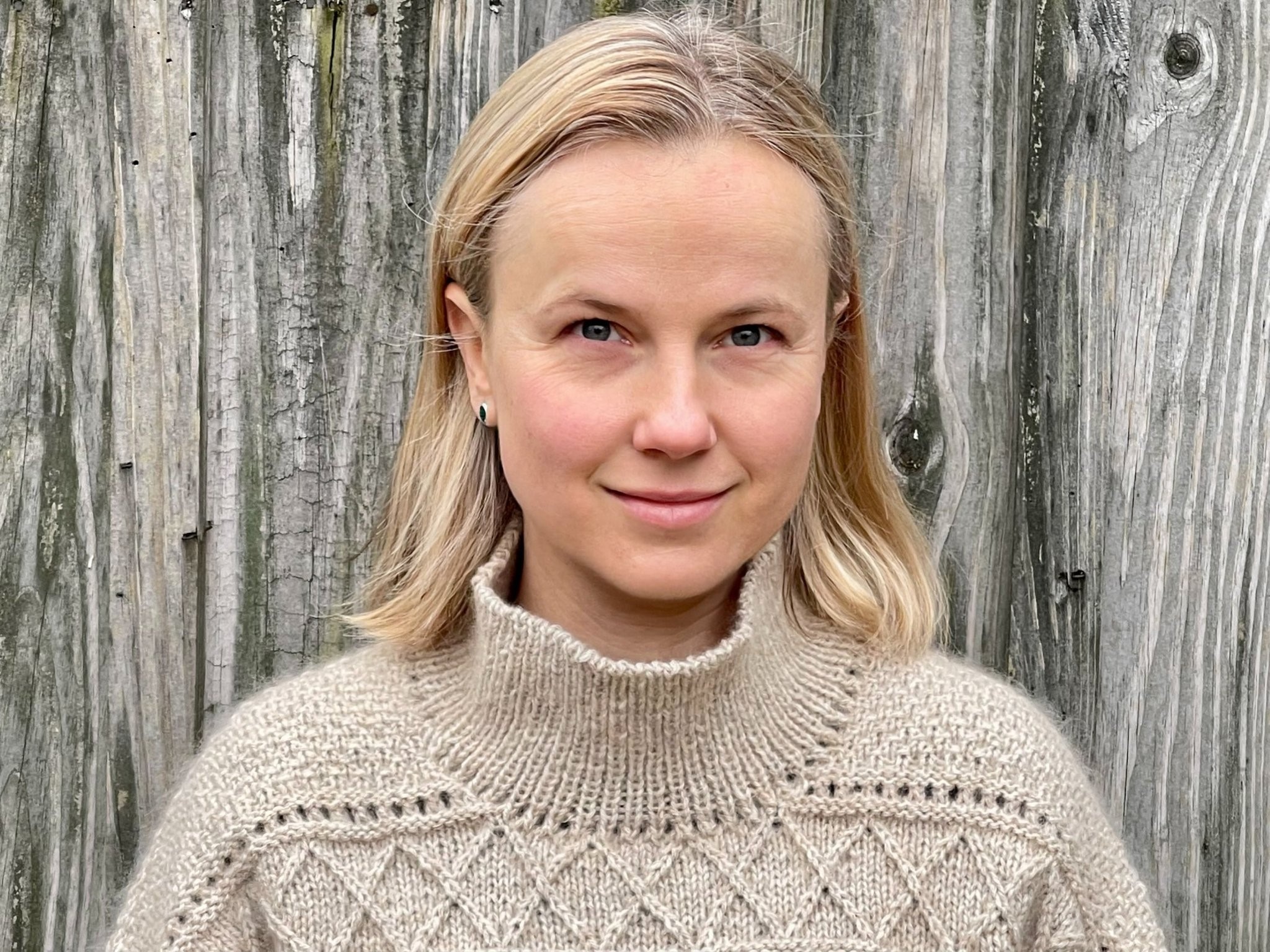
Vanya Bhushan, Ph.D.
Exchange Visitor / Postdoctoral Fellow
Education:
Ph.D., 2022, National Dairy Research Institute
Languages Spoken: Hindi

Jiraphorn Issara-Amphorn, Ph.D.
Postdoctoral Fellow
Languages Spoken: Thai
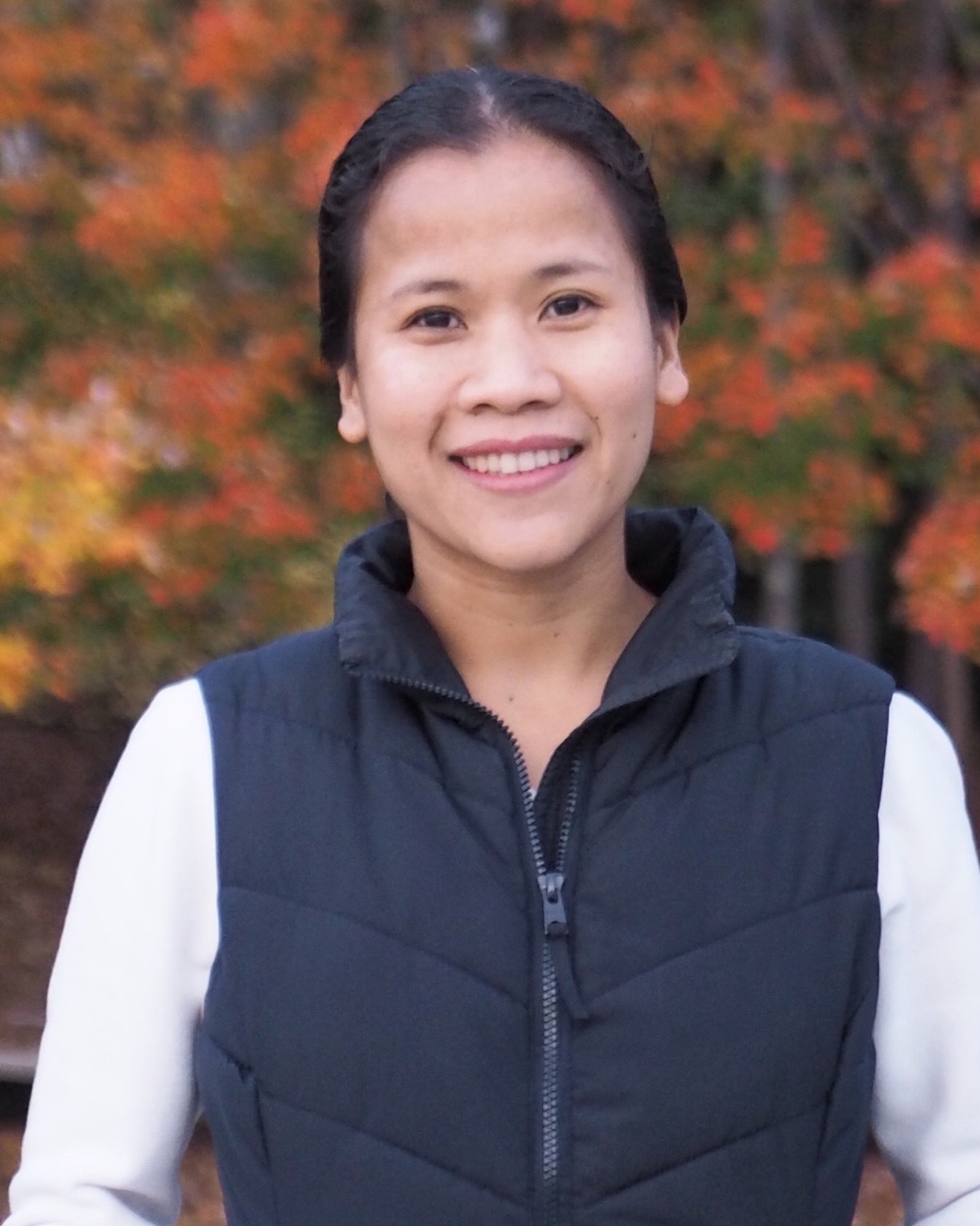
Doeun Kim, Ph.D.
Postdoctoral Fellow
Education:
Ph.D., Kyungpook National University
M.S., University of Science and Technology (UST)
B.S., Yeungnam University
Languages Spoken: Korean
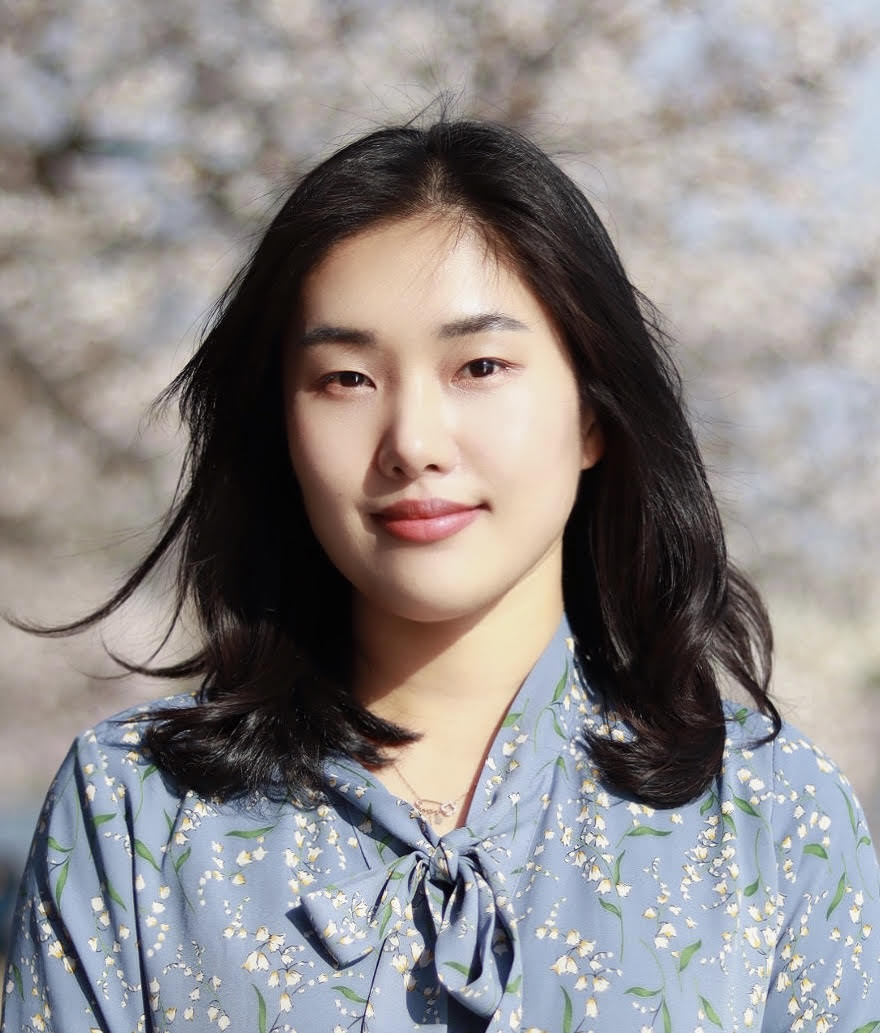
Nathan Paul Manes, Ph.D.
Staff Scientist
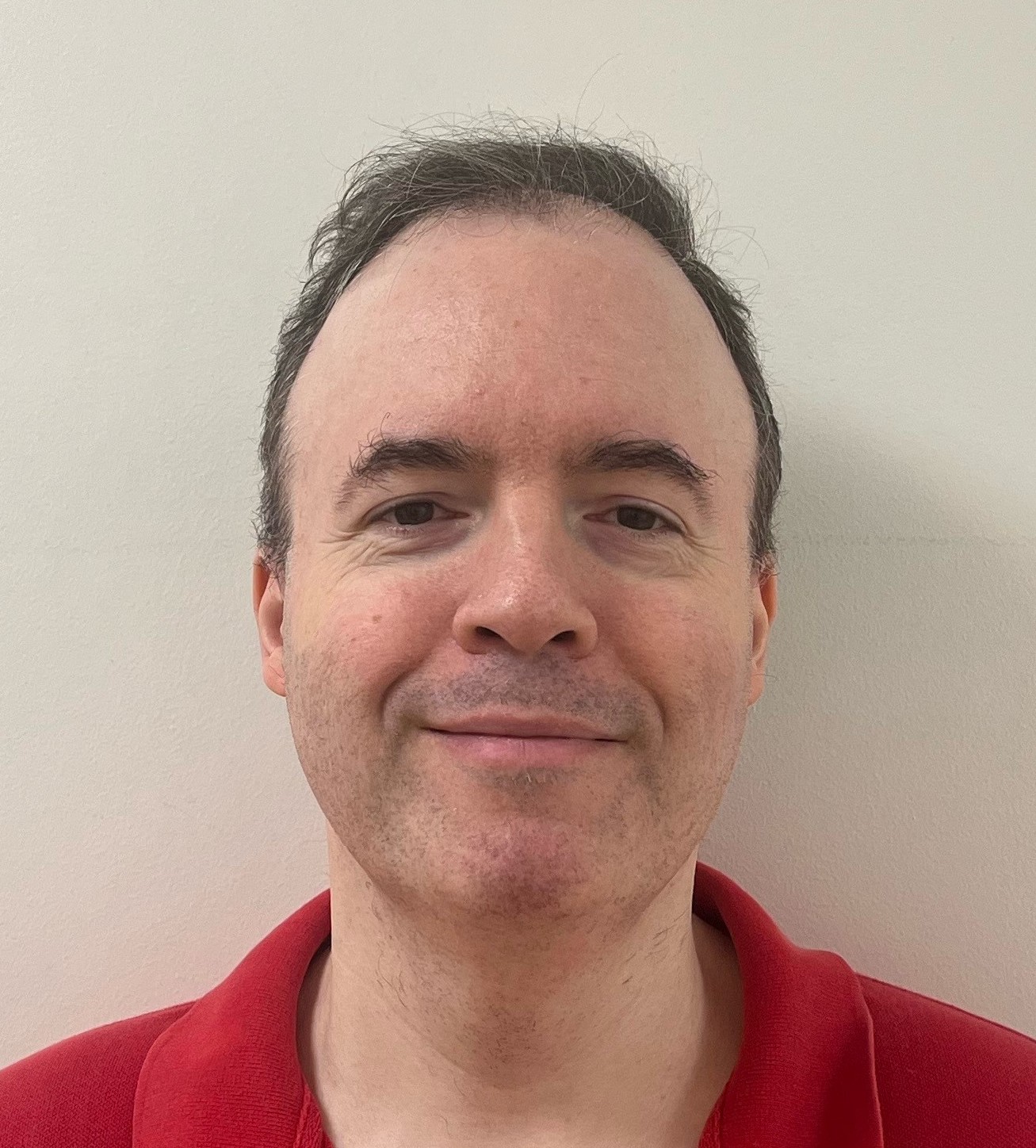
Jacob W. Pederson, B.S.
Predoctoral IRTA Fellow
Education:
B.S. and M.S., Microbiology (Oregon State University)
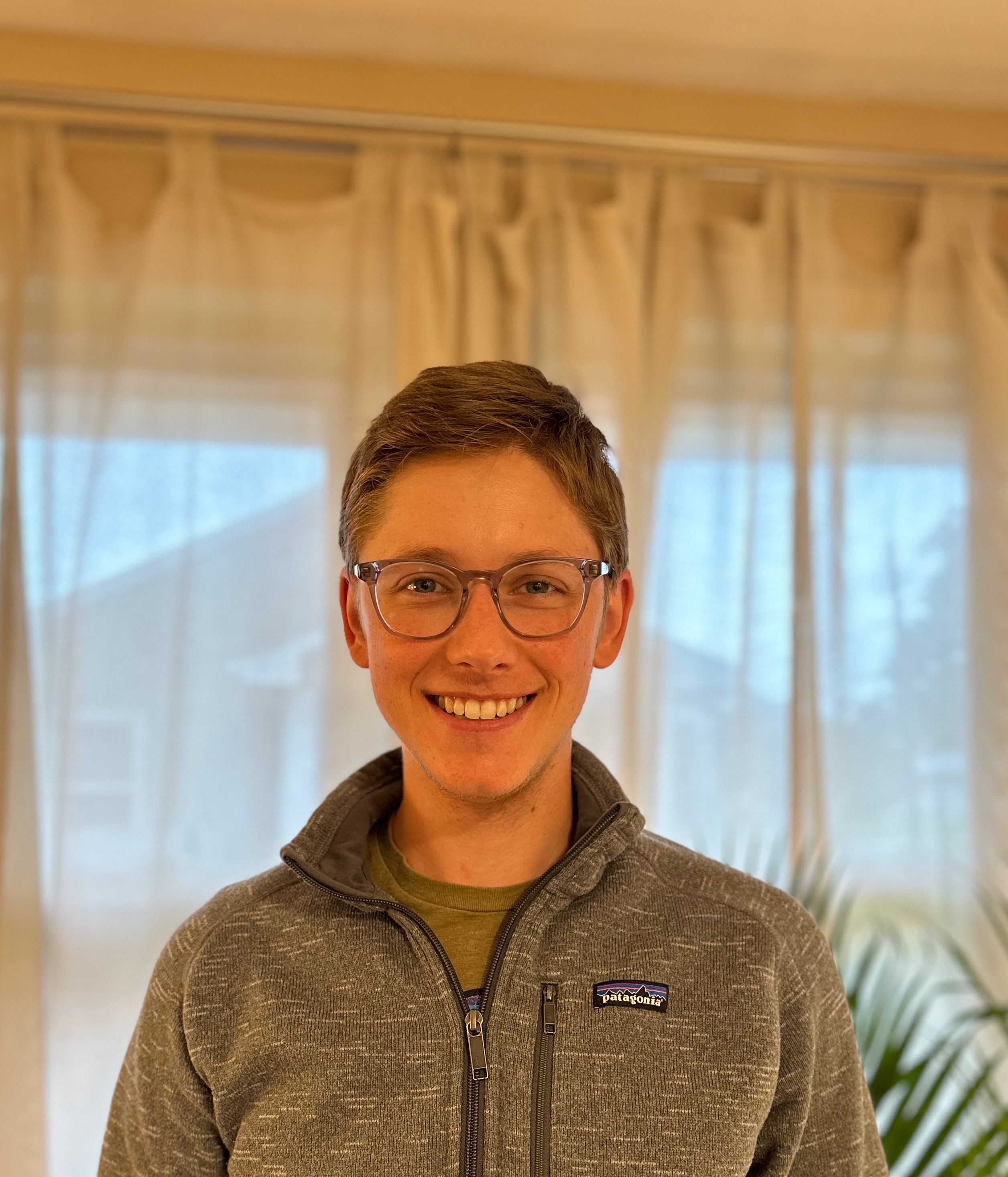
Jose R. Pittaluga, Ph.D.
Postdoctoral Fellow
Education:
Ph.D., University of Buenos Aires
Languages Spoken: Spanish
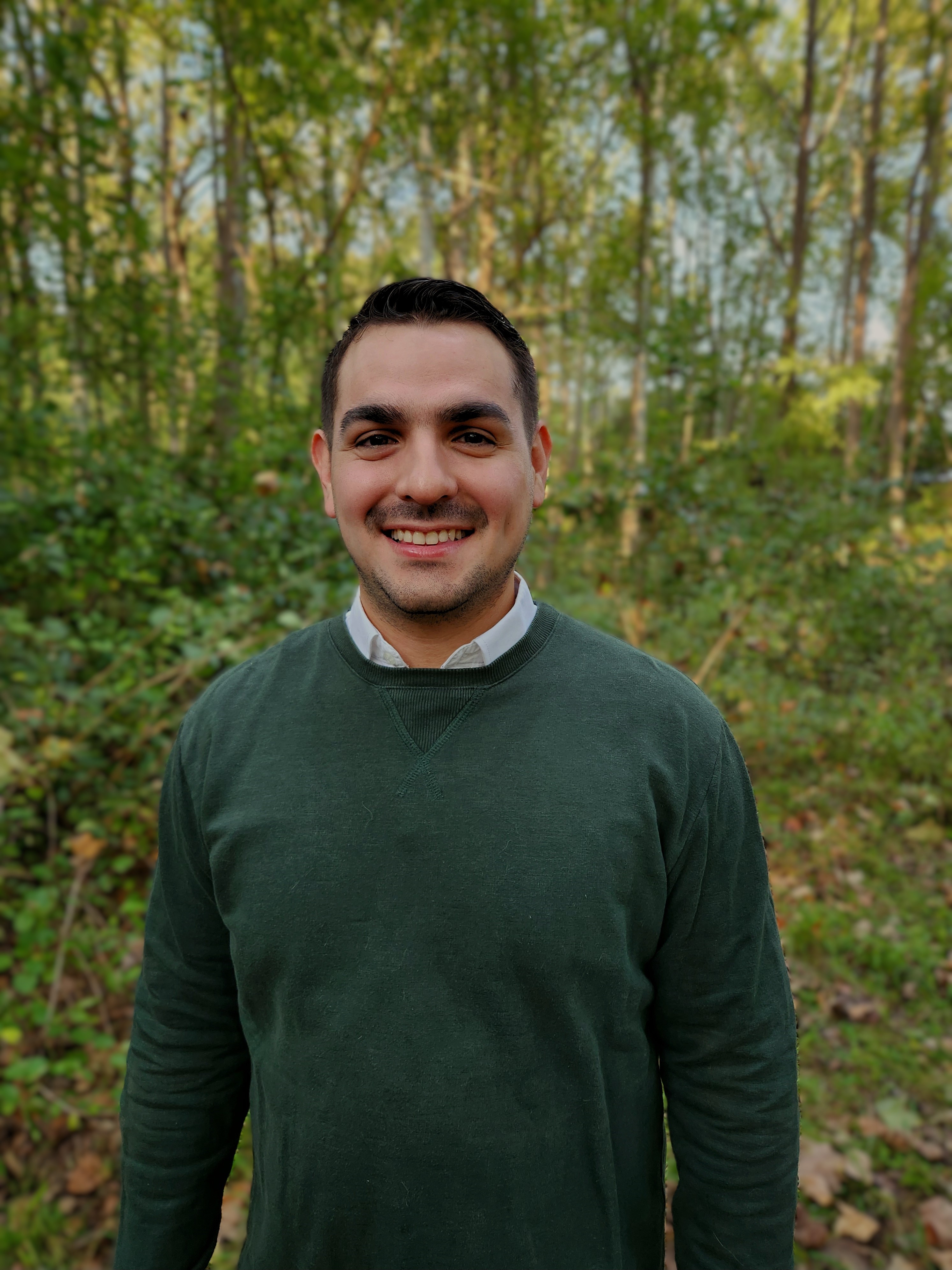
Sandhini Saha, Ph.D.
Exchange Visitor/Postdoctoral Fellow
Education:
Ph.D., Biotechnology, Regional Centre for Biotechnology, India
Languages Spoken: Bengali, Hindi
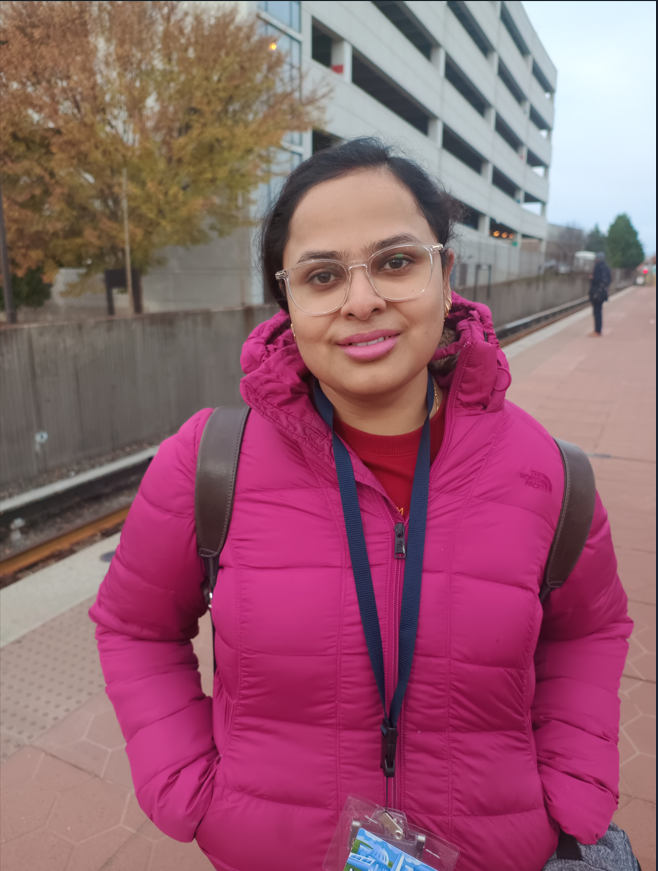
Sung Hwan Yoon, Ph.D.
Staff Scientist (Core)
Education:
Ph.D., University of Arizona
B.S., Seoul National University
Languages Spoken: Korean
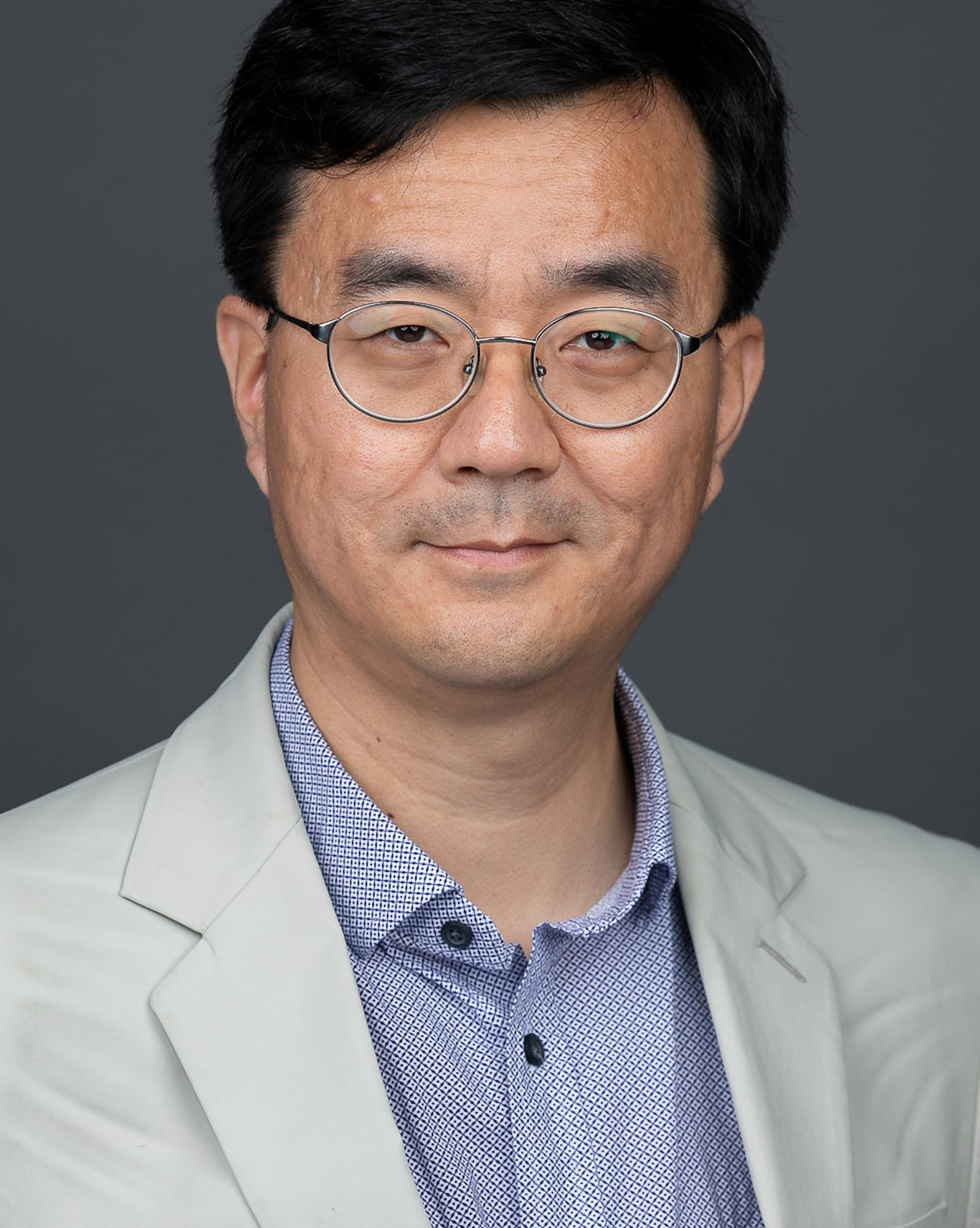
Former Research Group Members
Virginie Sjoelund, Postdoctoral Visiting Fellow. Currently Associate Director of the Proteomics Core at the Barnett Institute, Northeastern University, Boston, MA.
Eunkyung An, Postdoctoral Visiting Fellow. Currently Program Manager in the Office of Cancer Clinical Proteomics Research (OCCPR) at the National Cancer Institute (NCI), NIH.
Marijke Koppenol-Raab, Postdoctoral IRTA Fellow. Currently Pharmaceutical Scientist, FDA.
Casey Daniels, Postdoctoral IRTA Fellow. Currently at DanceJam Productions.
Mohd M. Khan, Graduate Student (Graduate Partnership Program with the University of Maryland). Currently Manager (Cell & Gene Therapies Commercialization) at Deloitte Consulting US.
Thunnicha Ondee, Graduate Student (Graduate Partnership Program with Chulalongkorn University, Thailand). Currently Postdoctoral Fellow at Chulalongkorn University.
Sebastian Montalvo, Postbaccalaureate IRTA Fellow. Currently Business Strategy Senior Consultant Business Strategy Senior Consultant at Deloitte Consulting US.
Pauline Kaplan, Postbaccalaureate IRTA Fellow. Currently Medical Student, Kansas City University of Medicine and Biosciences, and Second Lieutenant, US Army.
Noah Kelner, Postbaccalaureate IRTA Fellow. Currently Graduate Student at the University of Rochester.
Caleb Bridgwater, Postbaccalaureate IRTA Fellow. Currently Graduate Student at Georgetown University.
Matthew Scandura, Postbaccalaureate IRTA Fellow. Currently Research Technician at Northern Arizona University.
Arthur Nuccio, Research Technician. Currently Scientist at Novartis.
Trisha Tucholski, Postdoctoral IRTA Fellow. Currently Scientific Officer at the National Academies.
Deepali Rathore, Postdoctoral Visiting Fellow. Currently Field Applications Scientist, Proteomics - Mid-Atlantic at Bruker.
Joseph G. Gillen, Postdoctoral IRTA Fellow. Currently Science Teacher for the Fairfax County Public Schools, Virginia.
Matthew James Marino, Postbaccalaureate IRTA Fellow. Currently Graduate Student, University of Delaware.

